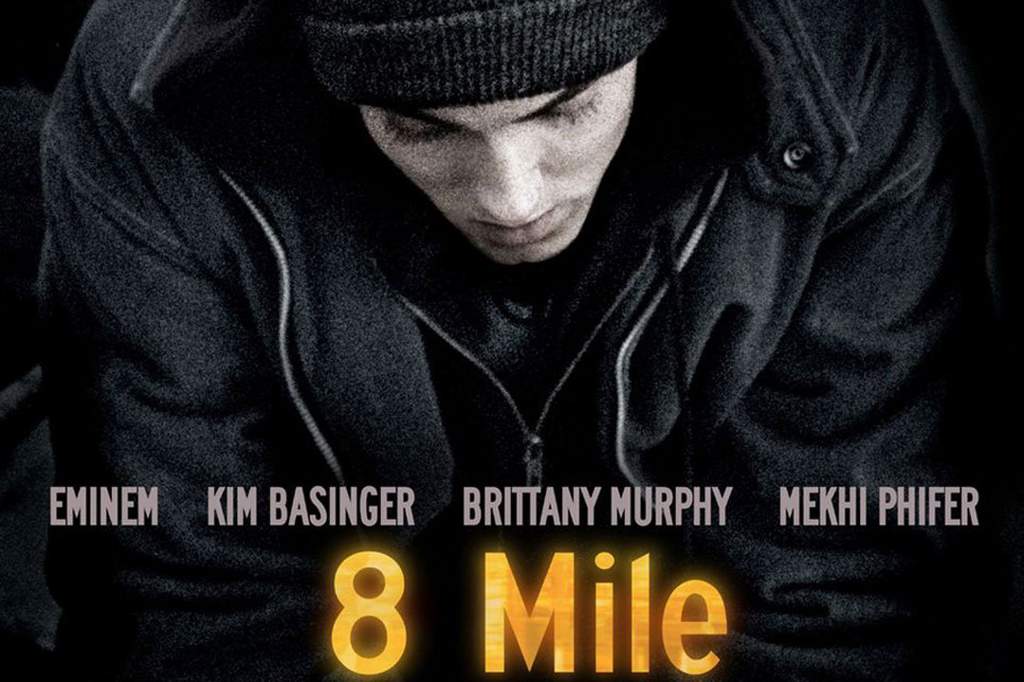

On the Martika-sampling “Like Toy Soldiers” he made a heartfelt plea against violence in hip-hop. It dealt with the continued fallout of his fame while probing deeper into politics, with fictional and pointedly controversial lyrics kept to a minimum. In it, Eminem also reveals some of his biggest influences: “Reggie, Jay-Z, 2Pac and Biggie/André from OutKast, Jada, Kurupt, Nas and then me.” (Reggie is the one and only Redman.) Slim Shady, meanwhile, makes a re-appearance on the rebellious comedy of “Without Me,” a hit single that more than earns its place among the best Eminem songs.Ģ004’s Encore was a thematic companion piece to The Eminem Show.

Propelled by the stomp-clap rhythms of Queen’s ‘We Will Rock You’, “Till I Collapse” features some of Eminem’s most inventive rhymes with an assist on the hook via Nate Dogg. On “White America” he accuses the US government of censorship based on his presumed bad influence on white suburban teenagers, while his row with his mother was revisited on “Cleanin’ Out My Closet” with a vitriolic account of his traumatic upbringing.

Released in 2002, the rock-inflected The Eminem Show found Em taking a step back to examine the impact of his music and celebrity. Though 2001 would be a quiet one for new music, Eminem would provide an outstanding guest turn on Jay Z’s The Blueprint album, arguably outshining the Jiggaman himself on “Renegade” – a song which would later reappear on the deluxe version of Eminem’s hits collection, Curtain Call – with a slew of verses marked by their stunning dexterity. The fallout from its controversial lyrics led to a difficult following year, however, with Eminem facing further lawsuits from both his mother and estranged wife. The Marshall Mathers LP debuted at the top of the charts, becoming the fastest-selling solo album in music history, shifting almost two million copies in its first two weeks of release. (The latter song features a memorable sampled chorus from Dido, who also features in the video.)

Elsewhere, smash hit single “The Real Slim Shady” poked fun at celebrities and detractors alike, while two tracks showed Eminem in a more self-reflective mood: “The Way I Am” examines fame and its repercussions, and the huge hit single “Stan” recounts a cautionary tale about an obsessed fan who takes Eminem’s violent fantasies too seriously. His mom – who had recently hit him with a $10 million dollar defamation-of-character lawsuit – came in for particular scorn on opener “Kill You.” Perhaps his most harrowing song, “Kim” is a fantasy detailing an imaginary argument between Eminem and his wife just before he kills her. Undaunted (and even reveling) in the controversy he’d caused, the following year’s The Marshal Mathers LP found him expanding on the darkness of its predecessor, mixing razor-sharp humor with increasingly brutal personal attacks that often blurred the boundaries between fact and fiction on a collection that included the best Eminem songs to date. The Slim Shady LP turned Eminem into a global star, though it also roused the ire of many concerned that its lyrics glorified violence, misogyny, and homophobia.
Eminem 8 mile album playlist series#
That favor was returned with interest soon after, as Eminem delivered a series of rapid-fire, tongue-twisting rhymes on his mentor’s 2001 single “Forgot About Dre.” Under the aegis of his titular anti-hero, meanwhile, Eminem felt the freedom to expound on anything that took his fancy on darkly comic fantasies such as lead single “My Name Is,” which introduced Slim Shady as a vengeful, ogre-ish loose cannon, and “Guilty Conscience,” on which he uses his alter ego to trade lyrical blows on the subject of ethics with guest rapper Dr Dre. Nonetheless, “Rock Bottom” is one of the best Eminem songs, detailing a particularly dark period in his life. There are only a few songs on the record that aren’t rapped from the vantage point of Shady. Putting the ruse to use on 1998’s Slim Shady EP, the results so impressed legendary hip-hop producer Dr Dre that he signed the rapper to his Interscope imprint, co-producing an expanded version, The Slim Shady LP, the following year. Changing direction, Eminem took on a maniacal alter ego, Slim Shady – narrator of many of the best Eminem songs, through whom he could vent his anger with cartoonish black humor.


 0 kommentar(er)
0 kommentar(er)
